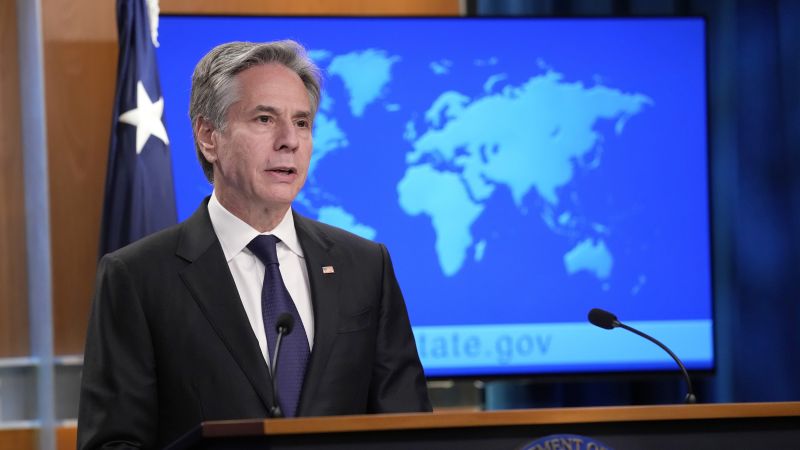The US State Department is set to release a new cybersecurity strategy aimed at combating Russia and China’s influence in the developing world and preventing interference in elections. With many countries holding elections in 2024, the strategy highlights the need to expose hackers and propagandists seeking to undermine democracies. Top cyber diplomat Nate Fick emphasizes the US’s stance that interference in democratic processes is unacceptable, with Secretary Blinken echoing this sentiment during a recent trip to China where evidence of Chinese attempts to influence upcoming US elections was seen.
The strategy outlines principles for US diplomats to rally support for tech policies and isolate autocratic regimes that control the flow of information. By announcing the strategy at tech forums like the RSA Conference in San Francisco, the US aims to stress the importance of cybersecurity for the prosperity of economies and democracies. The strategy builds on efforts to persuade allies and partners not to use communication technology and software from countries like Russia and China, citing security concerns and the negative impact on societies.
US officials argue that the internet vision promoted by authoritarian regimes is detrimental to societies, threatening international peace, economic security, and human rights. By framing the issue in this way, the US hopes to garner support from developing countries for an “affirmative vision” for cyberspace that rejects repression. Fick points to a ransomware attack in Costa Rica by Russian-speaking hackers in 2022 as an example of the impact of cyber threats, with the US providing aid to help the country recover and advising against the use of Chinese technology in its 5G networks.
While some countries, like Costa Rica, have followed US advice in rejecting Chinese technology, others have embraced it, leading to concerns about the potential security risks involved. Chinese telecom firms, such as Huawei, have secured contracts across Africa, despite US efforts to deter the use of technology from autocratic countries. Fick acknowledges the challenges in competing with initiatives like China’s Belt and Road projects, which are seen as a diplomatic tool to expand influence globally. However, he remains optimistic about the growing recognition of the risks associated with digital repression and the efforts of repressive regimes.
Overall, the new cybersecurity strategy from the US State Department aims to address the growing threats posed by cyber actors from Russia and China, particularly in their attempts to interfere in elections and undermine democracies worldwide. By advocating for an affirmative vision for cyberspace that rejects repression and promotes cybersecurity, the US hopes to rally support from developing countries and isolate autocratic regimes that control the flow of information. Despite challenges in competing with initiatives like China’s Belt and Road projects, US officials remain committed to exposing and countering cyber threats that threaten international peace, economic security, and human rights.


